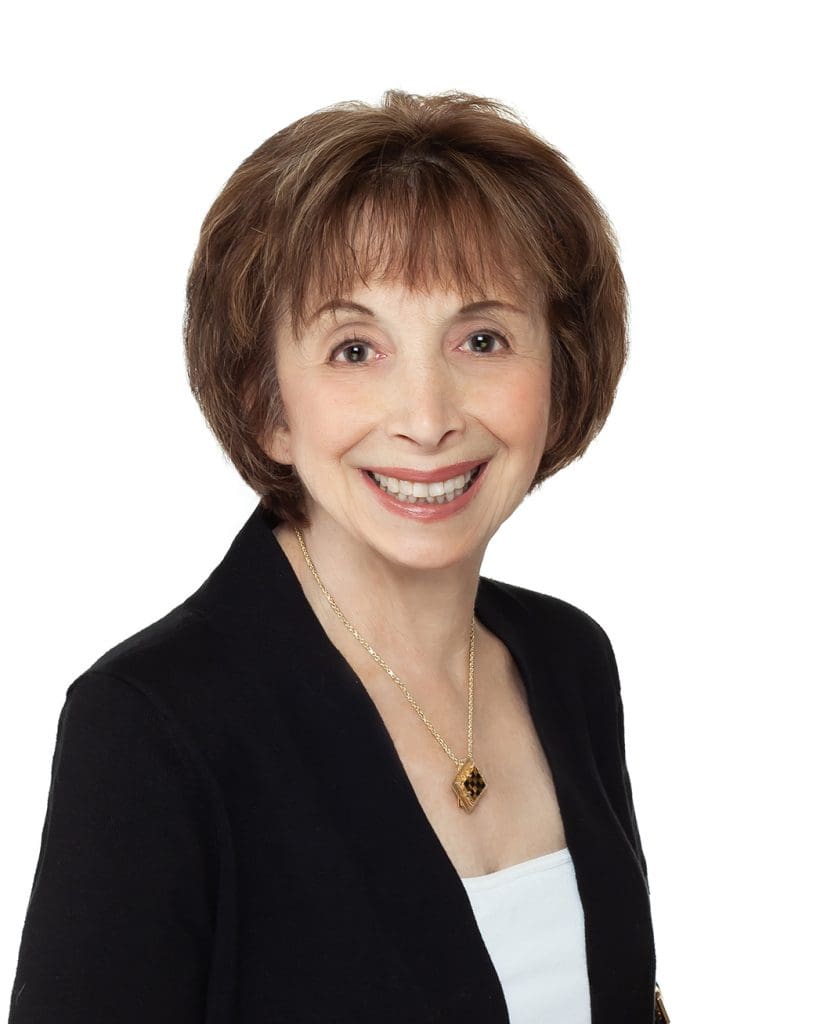 Arlene Kahn is the director of West Windsor Psychotherapy. Arlene holds three clinical licenses in New Jersey. She is licensed as a clinical social worker, a marriage and family therapist and as an addictions counselor and maintains a private practice in Princeton Junction, New Jersey.
Arlene Kahn is the director of West Windsor Psychotherapy. Arlene holds three clinical licenses in New Jersey. She is licensed as a clinical social worker, a marriage and family therapist and as an addictions counselor and maintains a private practice in Princeton Junction, New Jersey.
With over 30 years of experience as a therapist and as a graduate of Rutgers University, she specializes in treating individuals, couples and addictions. She is currently working in private practice with a broad spectrum of client issues. Through a collaborative process she has learned to help her clients gain a new perspective that leads to growth and change.
Arlene’s expertise in addiction treatment is well-known and extends to concerns for adult children of alcoholics, co-dependency, as well as over-eating and weight loss concerns. She started a Task Force on addiction in Middlesex County particularly addressing needs in the Jewish community. From there, bi-yearly retreats for Jews in recovery from substance abuse and food issues were held throughout New Jersey. These retreats addressed the spiritual issues involved for Jewish addicts/spouses and interfaith relationships. A national award for this program was given to the agency in 1990.
Arlene has also been trained in Jungian Psychology at the Center for Analytical Perspectives (NYC). She draws on that training to help people understand the larger context of many problems, the symbolism of dreams, and to help individuals achieve their creative and spiritual goals.
In addition to being a prominent relationship and individual therapist, Arlene Kahn has presented at National conferences and to general audiences. She has also been a trainer for several agencies, training agency staff in addiction treatment, and in understanding the difficulties of intimate relationships for their clients and for themselves.
In addition, Arlene taught clinical supervision for four years in the Graduate School of Social Work at Rutgers University to first-time field work instructors to help them be effective in their role as new supervisors.
Arlene Kahn is an interactive therapist. She is also trained in Focusing-Oriented Psychotherapy which is a mind/body approach to therapy that informs her work. This approach of bodily sensing helps clients build on their strengths to achieve their best possible outcome. In a comfortable and supportive atmosphere, she offers a highly personalized approach tailored to each of her clients’ individual needs to help them attain the personal growth they strive for.
Education
- B.A., UCLA, 1963
- MSW, Rutgers Graduate School of Social Work, 1980
Licenses/Certifications
- Social Work NJ Lic. # 44SC00201300
- Marriage and Family Therapist, NJ Lic. #37F100104000
- Alcohol and Drug Counselor, Lic. #37LC00094800
- Certified EMDR Practitioner, Level 1 & 2, 1999
- Certified Imago Relationship Therapist, 1994
- Certified Focusing-Oriented Trainer and Psychotherapist, 2012
Additional Training
- Jungian Psychology, 1990-2005, Center of Analytical Perspectives, NYC
- Focusing, 2008-present – a method of bodily sensing, experiential approach to psychotherapy, NYC
Publications/Awards
- “Using the Imago Therapy Couples Dialogue When Addiction is Part of the Relationship”
The Journal of Imago Relationship Therapy, 2003 - “The Exodus: A Parable of Addiction and Recovery”
Haworth Press, Journal of Ministry in Addiction & Recovery, Vol. 5, 1998 (2) - “Reaching Out To Recovering Jews: A Professional Partnership With The Jewish Community”
Journal of Jewish Communal Service, 1993
This paper was based on a community program called The New Jersey Forum for Jews in Recovery for which a national award was won in 1991 - “When L’Chaim is Not To Life: The Struggle of Jews and Addiction”
Videotape, 1990
Professional Memberships
- National Association of Social Workers
- American Association of Marriage and Family Therapists
- American Group Psychotherapy Association
- Association of Imago Relationship Therapy
- Emdria (Association for EMDR) 2000
- Focusing Institute